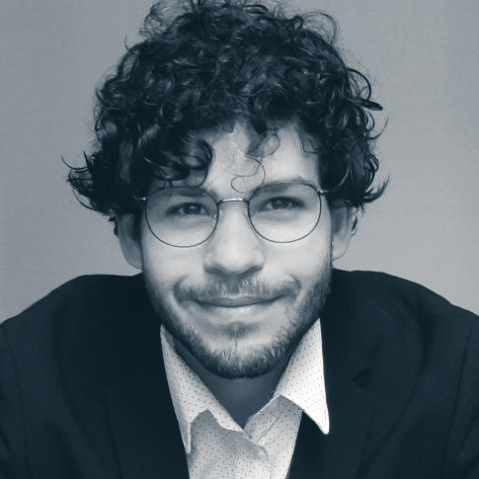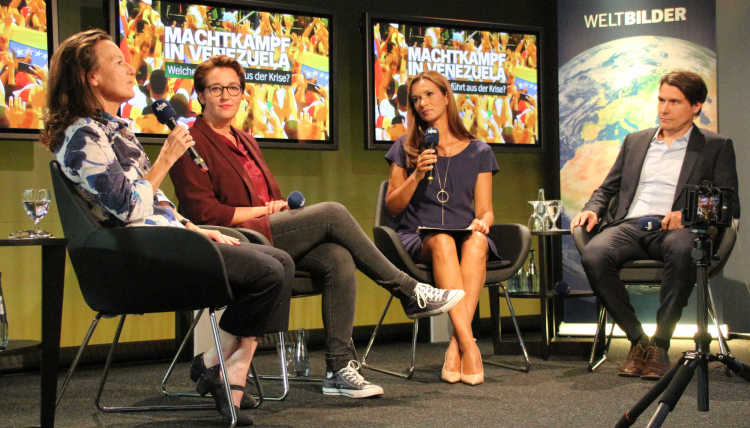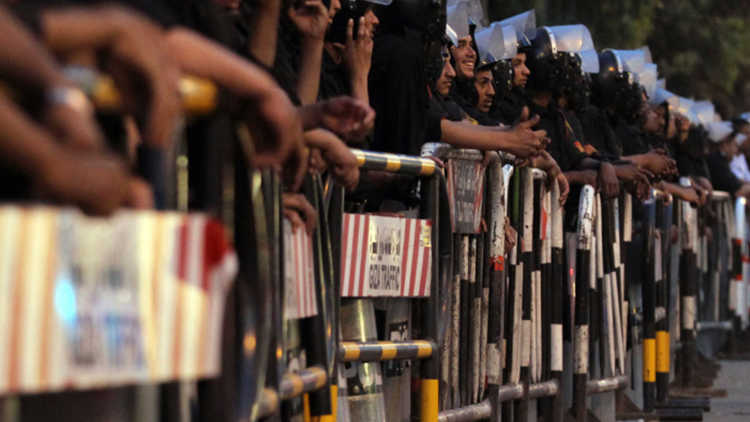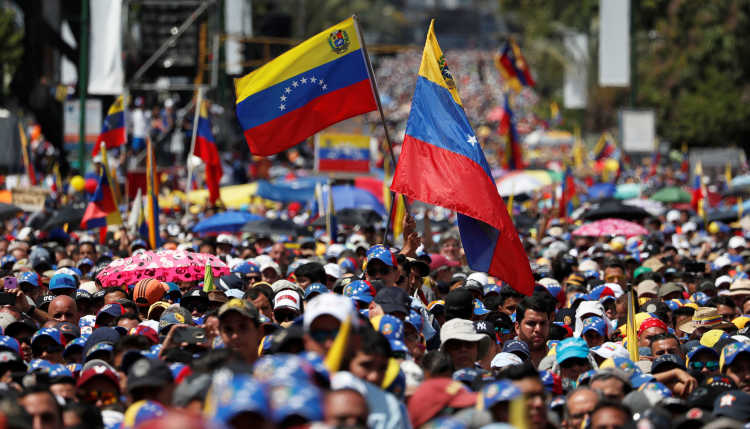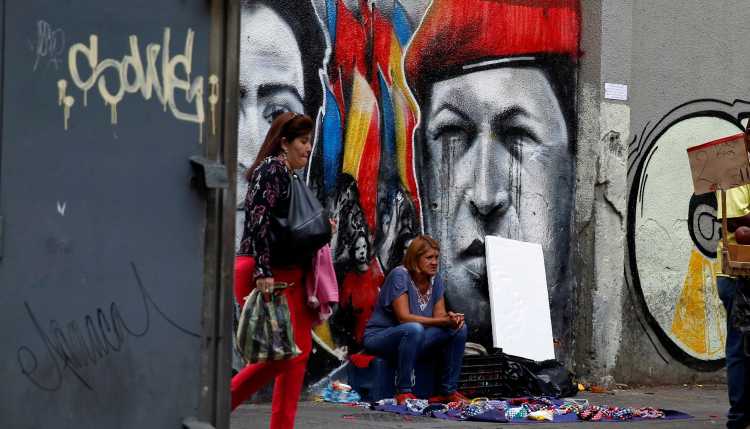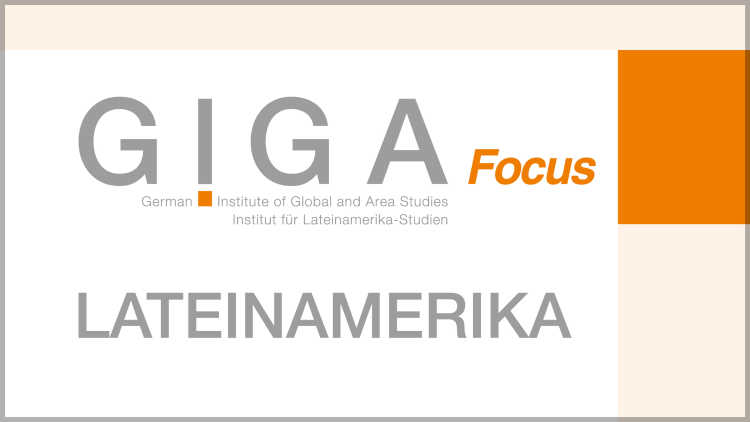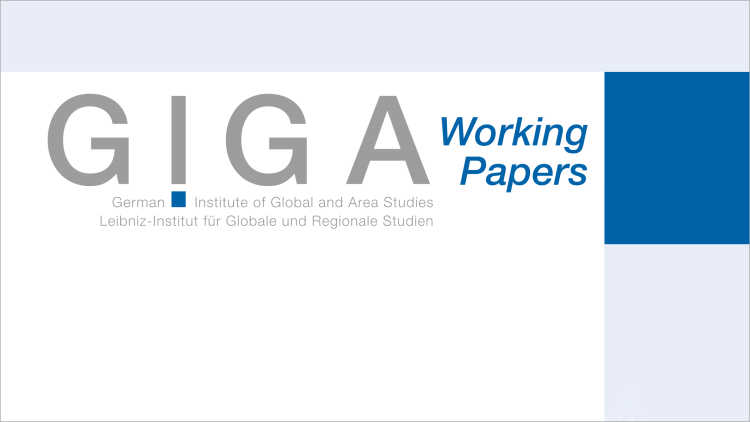GIGA Insights | 31/01/2025
Venezuela at a Turning Point? The Elections and an Uncertain Future
On 28 July 2024 the people of Venezuela were called to elect a new president. The elections took place amid controversy, with the National Election Council declaring President Nicolás Maduro the winner without evidence. Despite far-reaching protests, Maduro was inaugurated as the new president in January 2025. Our experts delve into the elections’ credibility, the opposition’s counterefforts, and international reactions.
1 February 2025
The inauguration of Maduro took place on 10 January. How did the opposition respond to it?
Jesus Renzullo, Doctoral Researcher at the GIGA:
“After the swearing-in, many Venezuelans would consider the third term of Maduro as a fait accompli. That’s why the opposition mobilised for protests ahead of the inauguration and made big promises regarding the near future of the country. The protests served as a dual reaffirmation: first, that popular support for the opposition leader María Corina Machado and the hope of the Venezuelan people remain strong; second, that the government is willing to maintain the repression apparatus and the intimidation campaigns until ‘the streets grow cold,’ as we say in Venezuela.”
Opposition leader Machado was kidnapped by the government security apparatus during the protests and was released later that day. What happened there?
Renzullo:
“This is not an uncommon tactic. They have done it before – to former opposition leader Juan Guaidó. The goal of these ruleteos is not to arrest the leader, but to produce uncertainty, panic, and later confusion in the population, as well as to intimidate opposition leaders without incurring the high political costs of imprisoning a national figure.”
Maduro’s opponent Edmundo González Urrutia had announced he would come back to Venezuela and take office as president on 10 January. However, this did not happen. Why?
Renzullo:
“There are only two ways for Edmundo to enter Venezuela: arriving by plane with foreign ex-presidents to ensure international coverage and avoid being arrested – which is impossible if the government blocks their landing – or crossing the Colombian border and trying to quickly get to Caracas, where his support is strongest and media coverage offers some protection. Neither option worked out, mainly due to significant reinforcement of border controls with Colombia and constant threats of arrest if Edmundo arrived by plane.”
How are Latin American countries reacting to the political situation in Venezuela, and what does this mean for Edmundo’s role?
Renzullo:
“There has been a clear tendency among some Latin American countries to cut ties with Venezuela and support Edmundo – some examples being Argentina, Panama, Uruguay, Costa Rica, Dominican Republic, and now Guatemala. Others, such as Brazil, Mexico, and Colombia, prefer to keep a thread of neutrality to function as diplomatic bridges. Edmundo is currently trying to serve as the beacon of hope for the Venezuelan opposition by gaining international legitimacy, but the ever-delayed promise of his return to Venezuela can only hold for so long before the population loses hope in their leader.”
How could Donald Trump’s presidency affect the political situation in Venezuela?
Renzullo:
“Trump’s approach will likely be a balance between those of his hawkish advisors, such as Marco Rubio, and the oil lobby, which benefits from Chevron’s drilling in Venezuela. While he may pressure Maduro with sanctions or threats, Trump’s priorities – keeping oil prices low and curbing migration – could lead to negotiations on oil, drug trafficking, and migration. Maduro understands Trump’s transactional mindset and may see this as an opportunity rather than a threat.”
What is the situation in the country now that Maduro has taken office?
Renzullo:
“Security forces were deployed all over the city and the border (and, increasingly, intelligence forces units, which are normally a rare site out in the streets). There is a general feeling of surveillance, with security forces checking phones of pedestrians to look for anti-government propaganda.
“Nevertheless, in the country and the region, a process of normalisation seems to be taking place. The streets are alive again in Caracas – the politically most important city – and businesses are back open. The borders have also reopened, with Colombian and Brazilian borders back online.
“Maduro’s position is significantly more safeguarded than it was during the massive protests of 2019 and even between 2015 and 2018. He is not comfortable yet but is trying to keep momentum with the announcement of ‘nine elections’ in 2025; he is even proposing a constitutional reform he claims will make the country ‘more democratic.’ The nine elections are not intended to legitimise the government’s power, but to demonstrate that Maduro still has full control over the apparatus.”
Do you still see a chance for the opposition to turn the tide?
Renzullo:
“The opposition is currently in a difficult situation: on one hand, waiting until conditions are better to force the government’s hand might slow the little momentum they still have; on the other hand, escalating the protests would put their political capital and safety at risk. Neither scenario is particularly good, but only the latter is likely to put pressure on Maduro, as he benefits from stalemates.”
1 August 2024
Venezuela at a Turning Point? The Elections and an Uncertain Future
On 28 July 2024, the people of Venezuela were called to elect a new president.
Despite the crisis-ridden state the country finds itself in, elections took place as scheduled. However, independent observers were excluded in advance by the incumbent President Nicolás Maduro, raising serious concerns about the fairness and freedom of the electoral process. The opposition, presenting a united front, campaigned for real change, sparking hope among the population.
After the election results were announced, disillusionment quickly spread. The National Electoral Council asserted that Venezuela’s long-standing ruler Maduro had won, yet no data or evidence was published to support this claim. The people are furious, and the opposition is mobilising to protest on the country’s streets.
The day after the elections, Venezuela experts discussed the current situation in a live event on X, analysing possible results, key outcomes, and their potential impacts on the country’s political and socio-economic landscape. The discussion featured expert opinions and scholarly perspectives, aiming to provide a comprehensive understanding of the elections’ implications for both national and regional dynamics.
Listen to the Spanish-language dialogue with Prof. Dr. Sabine Kurtenbach, Dr. Maryhen Jimenez Morales, Jesus Renzullo, and Prof. Dr. Mariana Llanos here (X-Space, 29 July 2024):

To provide further insight also to English-speaking audiences, our experts spoke to three key questions in follow up:
The National Electoral Council of Venezuela has declared Maduro the winner. How should this announcement be assessed in terms of credibility and transparency?
GIGA Expert Prof. Dr. Sabine Kurtenbach:
“The declaration lacks any empirical basis, as the oversight body has not published the data able to verify this claim. In Venezuela and internationally, calls are increasing to make the tallies public (as the government is in any case supposed to do per Venezuelan law). Hence, the fraud does not consist of stuffing votes in a box but rather of not publishing the actual recordings of the country’s electoral machines. However, there are rumours that the government is about to fake the printouts, as they obviously see that they need to provide ‘data.’ Experts say this fraud can be easily detected, as results are encrypted. Another major fraud lies in the lack of possibilities for Venezuelan migrants to vote (just 1 per cent of the close to 8 million concerned could do so) and in the disqualification of opposition candidates, most notably María Corina Machado, the winner of the opposition primaries.”
The opposition presented a united front and aimed for a fresh start. What remains of the hope for meaningful change for the Venezuelan people post-election?
Dr. Maryhen Jiménez Morales from the University of Oxford:
“Despite increased repression towards traditional opposition actors, particularly María Corina Machado, the winner of the opposition primaries in October 2023, opponents managed to coordinate around a joint candidate, Edmundo González Urrutia. After years of division over strategy formation – boycott versus participation in elections – the opposition converged on the decision to participate and vote, despite unfair conditions. This allowed millions of Venezuelans to channel their energy and discontent towards a common cause. Following the results announced by the electoral authority, people from diverse backgrounds, including underprivileged communities, are demanding that their votes be respected. The challenge in the times ahead will be to maintain momentum and coalesce around the legitimate demand of verifying the vote and respecting society’s desire for change.”
Read detailed analysis by Maryhen hereInternational observers were excluded from the elections at short notice. What has been the international reaction, and how have regional governments responded to the election outcome?
Jesus Renzullo, Doctoral Researcher at the GIGA:
“The exclusion of several international observers, particularly from the European Union, represented an early sign that Maduro had decided to resort to fraud to retain power. The regional reaction to the elections has been overwhelmingly sceptical, and in favour of transparency and accountability. While Maduro’s traditional allies immediately recognised the result (Bolivia, Cuba, Honduras, Nicaragua), most of the Americas was at least sceptical of them and requested transparency. The call for for the latter was also echoed by the Carter Center, an international observer, and by governments like Mexico’s. Other countries like Argentina, Ecuador, El Salvador, and Panama have not recognised the result and demanded proof at least. This sees the region face off against Maduro, who is unlikely to provide credible evidence of his victory. In contrast to the situation in 2019, however, Maduro now has countries of the region like Brazil and Colombia willing to negotiate an ‘exit ramp’ for him, as a way to avoid further instability.”
Our experts will continue to closely monitor the situation in Venezuela, providing ongoing analysis and updates. Stay tuned for more insights and in-depth articles from GIGA researchers, available on this webpage.
GIGA Experts
Interview: Lisa Sänger

